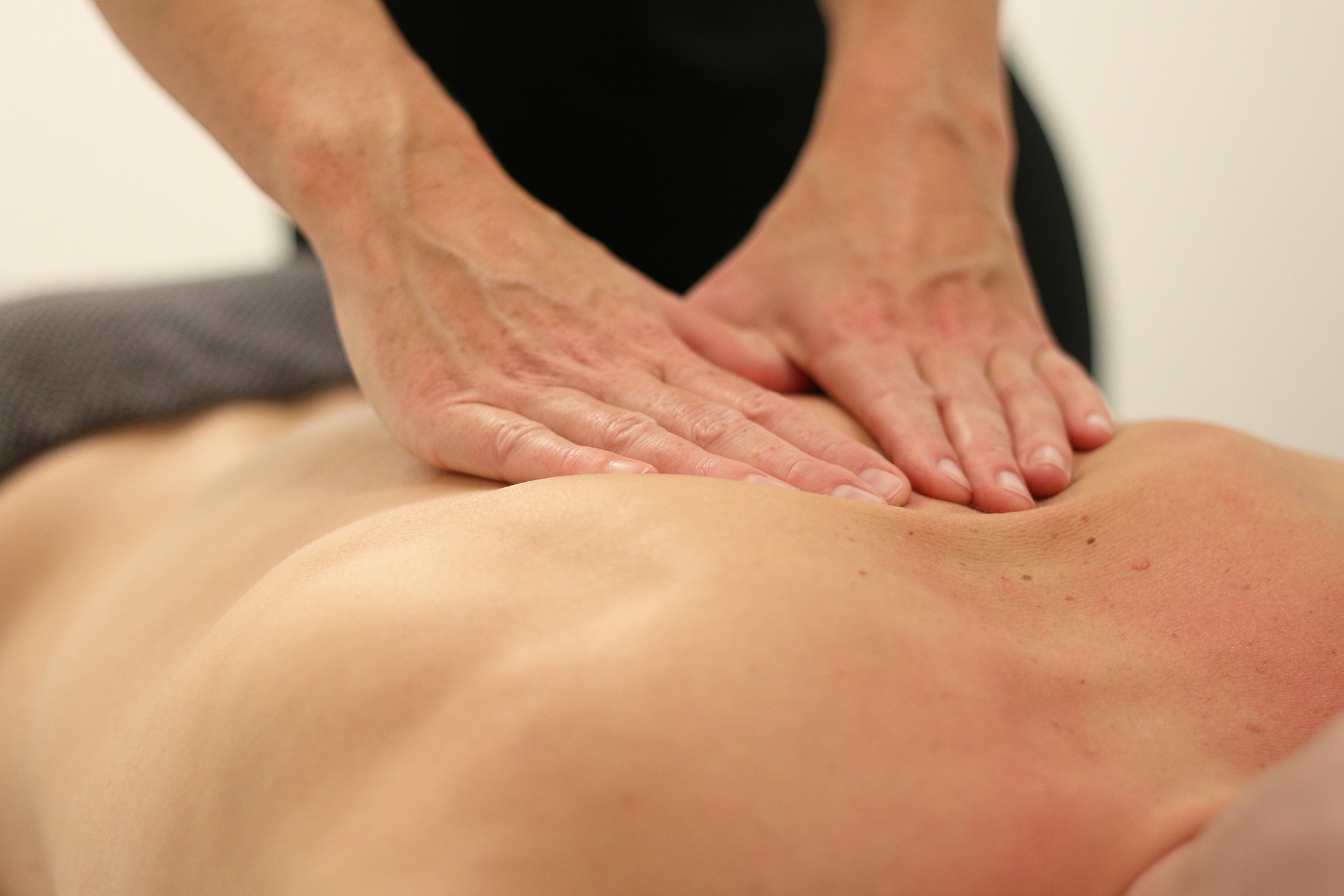In the pursuit of overall well-being, it’s crucial to pay attention to the health of our spine.
The spine, also known as the backbone, serves as the central support for our body, playing a pivotal role in maintaining stability, facilitating movement, and protecting the delicate spinal cord.
Despite its significance, spine-related issues are increasingly prevalent in modern society, often arising from sedentary lifestyles, poor posture, and age-related degeneration. This article delves into the importance of addressing spine issues and highlights the profound impact they can have on our overall health and quality of life.
The Spine as the Foundation of Health
The spine is not merely a stack of bones; it is a dynamic and intricate structure that houses the spinal cord, a vital component of our central nervous system. Any compromise to the spine’s integrity can lead to a cascade of health issues. Poor spine health is not limited to back pain alone; it can affect mobility, posture, and even organ function. Misalignments or degeneration in the spine can compress nerves, resulting in pain, tingling sensations, and muscle weakness.
Moreover, the spine plays a crucial role in maintaining proper body mechanics, and any deviation from its optimal condition can lead to issues such as herniated discs or sciatica. Prioritizing spine health is, therefore, paramount in preventing and mitigating a range of health concerns.
Lifestyle Factors and Spinal Health
Modern lifestyles often contribute to the increasing incidence of spine-related problems. Prolonged hours spent sitting, whether at desks or in front of screens, can lead to poor posture and weakened muscles, placing excessive stress on the spine. Additionally, sedentary behavior is a known risk factor for obesity, which further compounds the strain on the spine. Regular physical activity, especially exercises that promote core strength and flexibility, can play a pivotal role in maintaining spine health.
Ergonomic adjustments in workstations and cultivating mindfulness about posture during daily activities are essential steps in preventing spine-related issues. By addressing lifestyle factors, individuals can take proactive measures to safeguard their spine and promote overall well-being.
Holistic Approaches to Spine Care
Beyond conventional treatments for spine issues, embracing holistic approaches can enhance overall health and resilience. Practices such as yoga and Pilates focus on improving flexibility, strength, and balance, all of which are integral to spine health. Mind-body techniques, including meditation and deep breathing exercises, can help alleviate stress, which is often a contributing factor to spine-related problems.
Additionally, maintaining a nutritious diet rich in essential nutrients, particularly those that support bone health, contributes to the overall resilience of the spine. Integrating these holistic approaches into one’s lifestyle not only addresses existing spine issues but also serves as a preventive strategy, fostering a comprehensive and sustainable approach to spinal health.

Neurosurgeons & Minimally Invasive Spine Surgery
Addressing spine issues often involves consultation with healthcare professionals specializing in neurosurgery, particularly those adept in minimally invasive techniques. Neurosurgeons with expertise in spinal conditions employ advanced technologies and surgical methods to treat a spectrum of spine-related problems. You should know that this surgeon can precisely target affected areas, minimizing disruption to surrounding tissues and reducing recovery times. Minimally invasive spine surgery, compared to traditional approaches, offers patients the benefits of smaller incisions, less postoperative pain, and shorter hospital stays.
Collaborating with a neurosurgeon skilled in these techniques provides individuals with tailored treatment options that align with the holistic approach to spine health outlined earlier in this article. Seeking specialized care from a neurosurgeon familiar with minimally invasive spine surgery can be a pivotal step in the journey toward comprehensive spine health and overall well-being.
Posture Correction and Ergonomics
Prevention is as crucial as treatment when it comes to maintaining spine health. Correcting poor posture and incorporating ergonomic practices into daily life are essential preventive measures. Engaging in posture correction exercises and being mindful of body alignment during activities can alleviate undue stress on the spine. Ergonomic adjustments, such as using supportive chairs and optimizing workspaces, contribute to a spine-friendly environment. By integrating these preventive measures into daily routines, individuals can proactively safeguard their spine, reducing the likelihood of developing issues in the first place.
Mental Well-being and Resilience
The connection between physical health and mental well-being is undeniable, and spine health is no exception. Individuals grappling with chronic spine issues often experience psychological distress, including anxiety and depression. Chronic pain and limited mobility can impact one’s quality of life, making it essential to address the psychological aspect of spine health. Incorporating mental health strategies, such as counseling, mindfulness practices, and support groups, can enhance resilience and coping mechanisms. A comprehensive approach to spine health should encompass both physical and mental well-being, ensuring a holistic and sustainable foundation for a fulfilling life.
Prioritizing spine health is a multifaceted endeavor that requires attention to lifestyle, specialized care, preventive measures, and psychological well-being. Understanding the pivotal role of the spine in overall health highlights the importance of taking proactive steps. Whether through exercises, ergonomic adjustments, seeking specialized care from a neurosurgeon, or addressing the psychological impact of spine issues, individuals can foster a comprehensive approach to spine health. By integrating these strategies into daily life, we not only address existing problems but also lay the groundwork for a resilient and flourishing future. The journey to optimal spine health is a commitment to oneself, an investment that pays dividends in the form of enhanced well-being and longevity.






